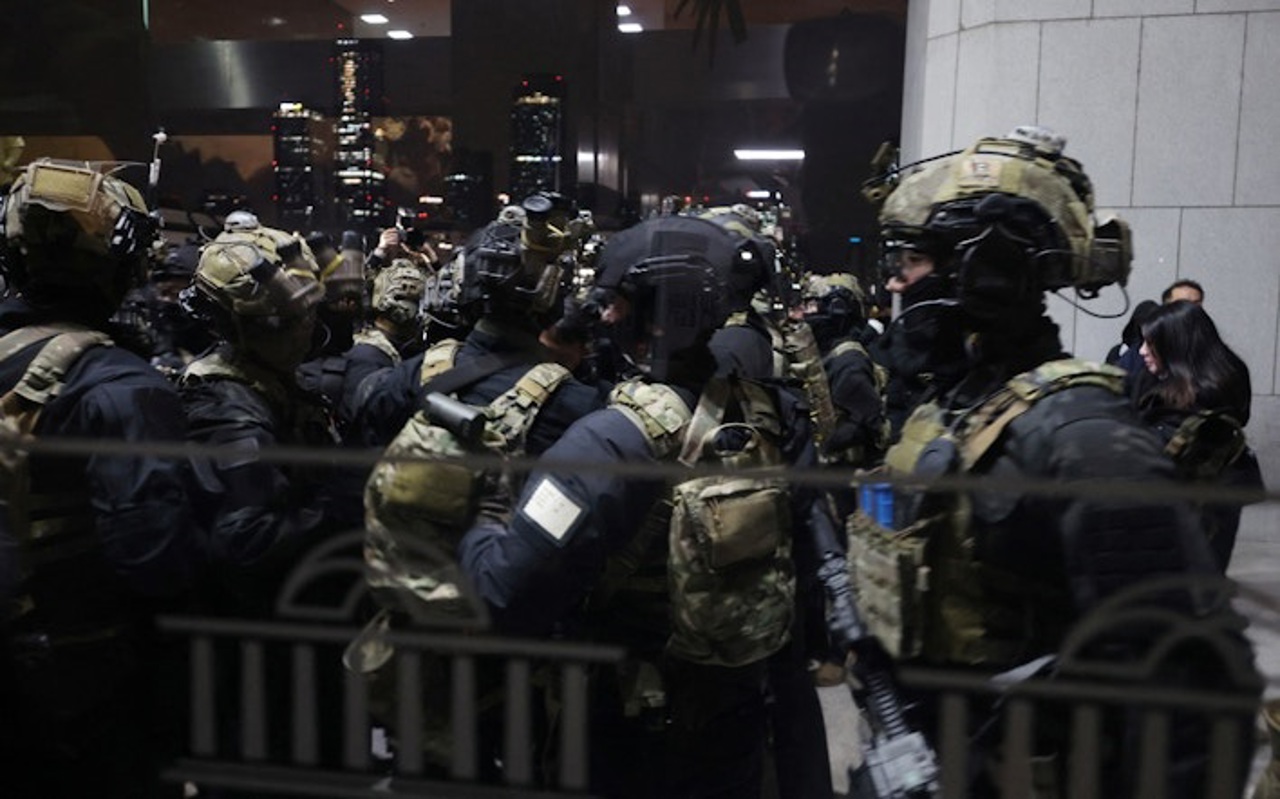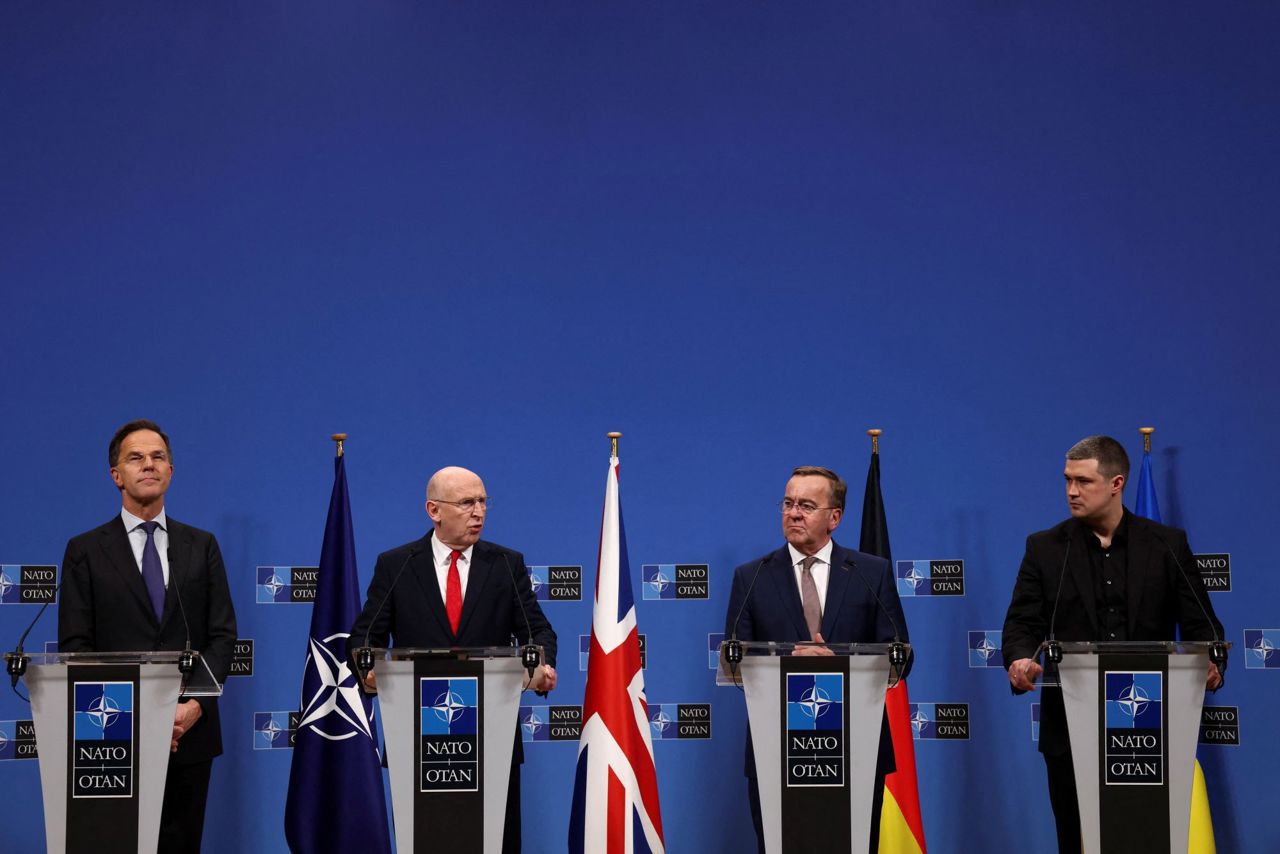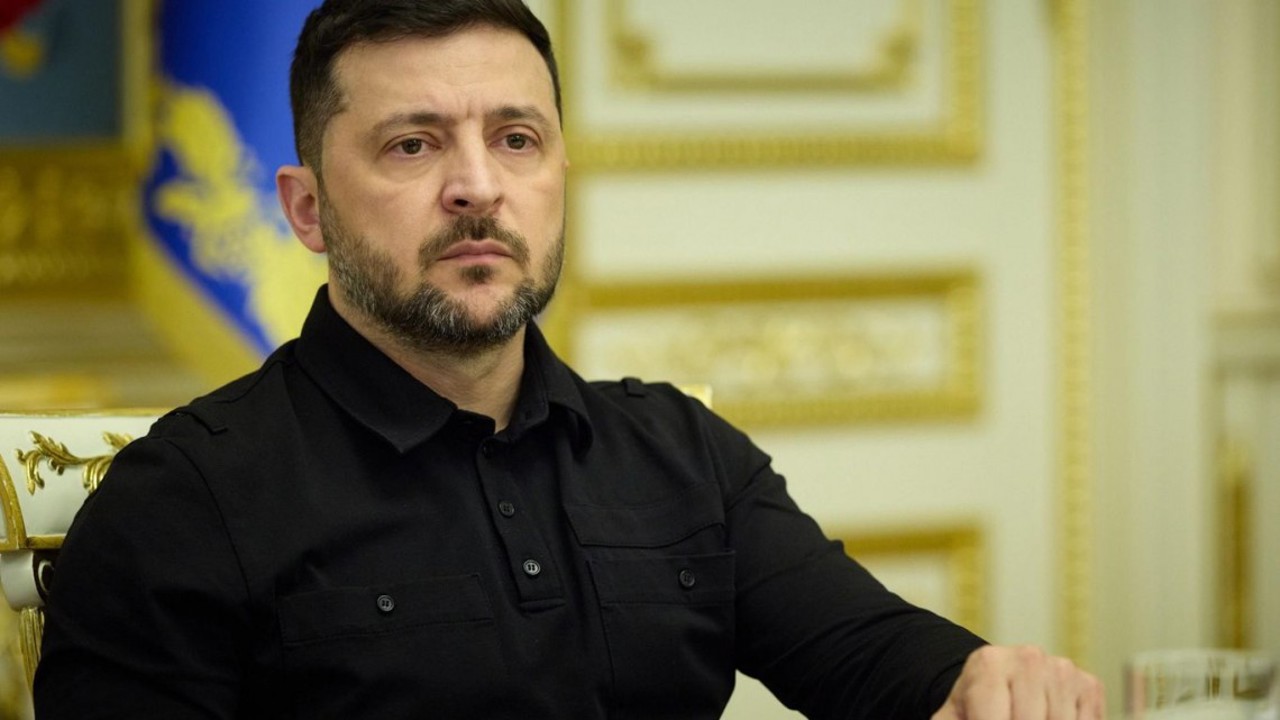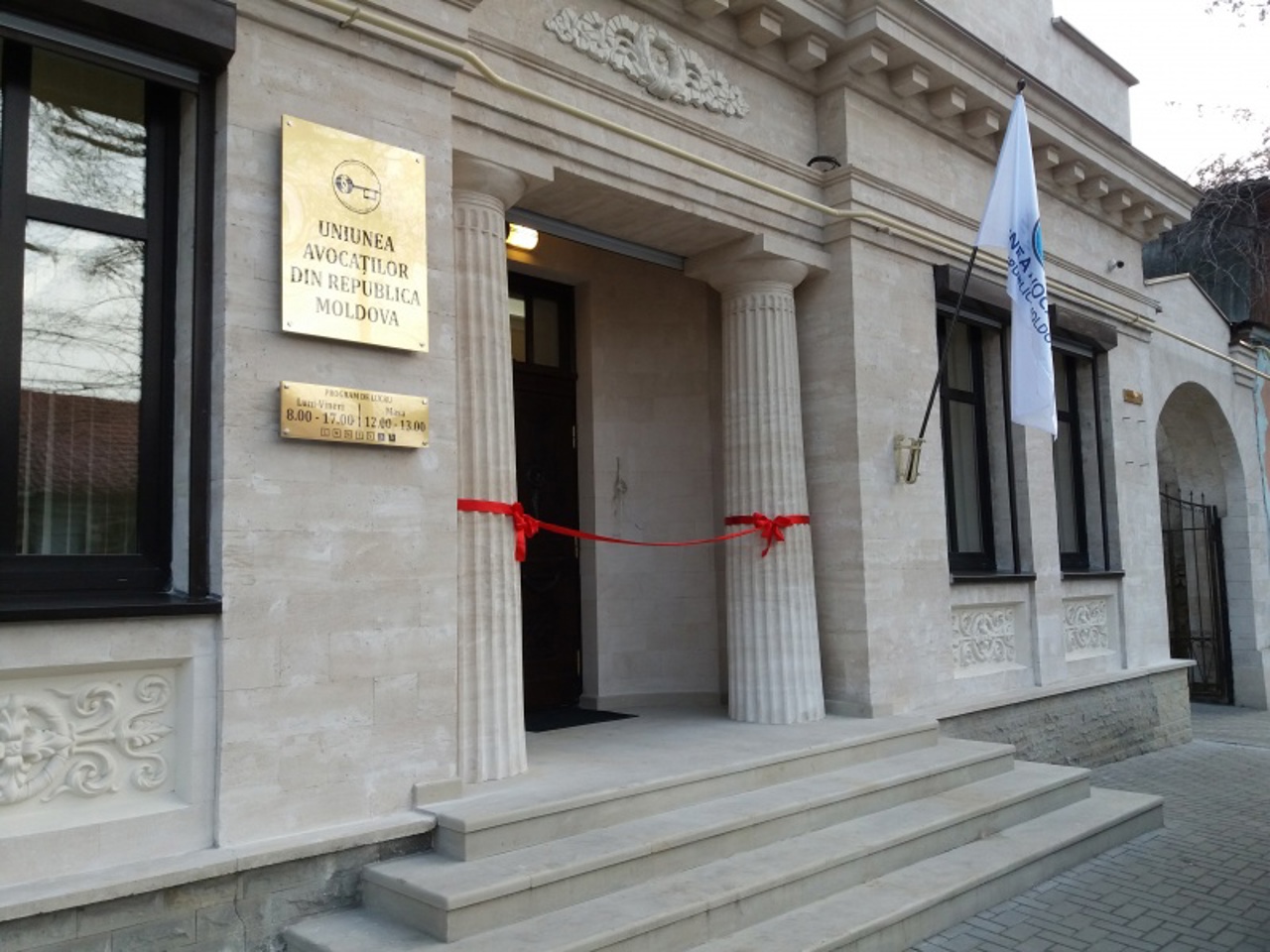South Korea lifts martial law amid protests and political tension
South Korean President Yoon Suk Yeol agreed to lift martial law during a government session, describing the measure as necessary to defend the constitutional order from “communist forces” and threats from North Korea, reports the
BBC.
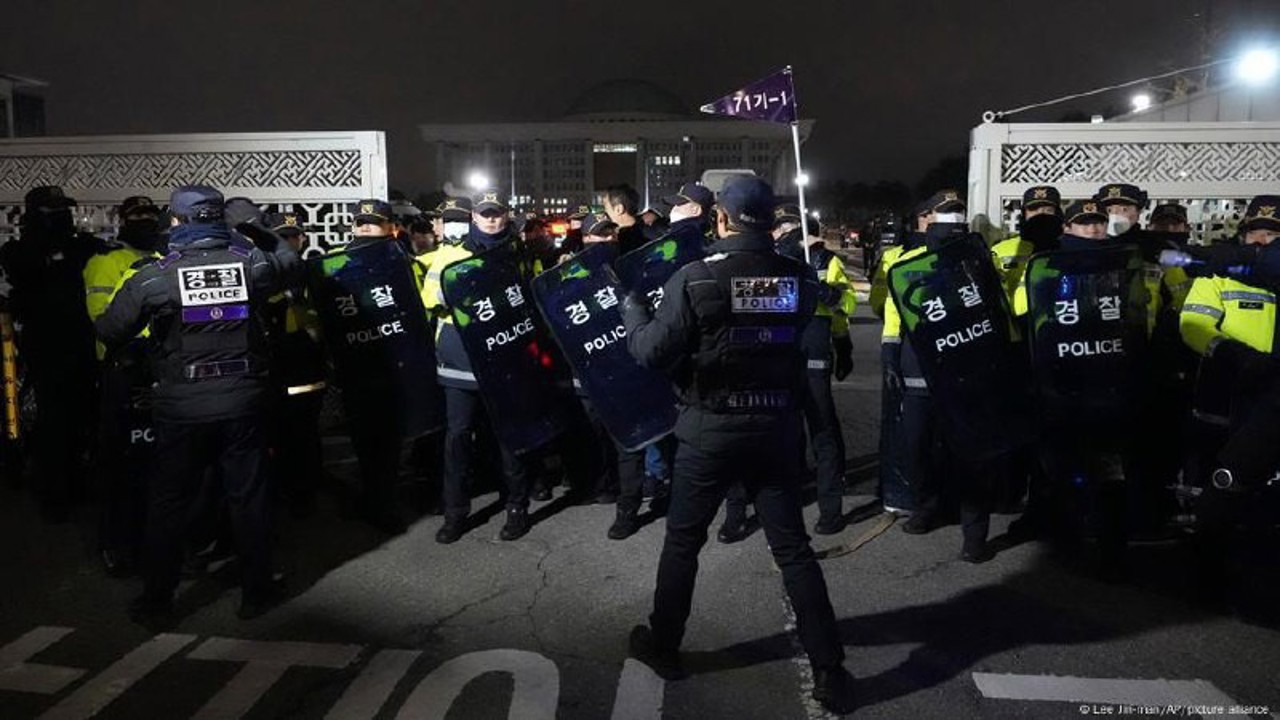
Later that evening, South Korea’s Parliament voted to annul the state of military emergency, announced a spokesperson for the legislature in Seoul. The decision, passed with 190 votes in favor amid widespread protests, was reported by Novaya Gazeta Europe.
In a televised address, South Korean President Yoon Suk Yeol announced the imposition of martial law, calling it essential to defend the liberal constitutional order from “communist forces,” according to the BBC.
President Yoon stated that he had no choice but to resort to martial law, though he did not specify the measures to be implemented.
“This is clearly an anti-state act, undermining the constitutional order of the free Republic of Korea and destroying the legitimate institutions established by the Constitution and laws, attempting to provoke a civil war,” Yoon Suk Yeol declared.
He emphasized that such a situation is unprecedented both globally and in South Korea.
The President also accused the opposition of cutting budgets for critical expenditures, ranging from combating drug trafficking to child welfare.
“The National Assembly has turned into a haven for criminal groups, aiming to paralyze the country’s judicial-administrative system and overthrow its liberal democratic system through legislative dictatorship,” the statement said.
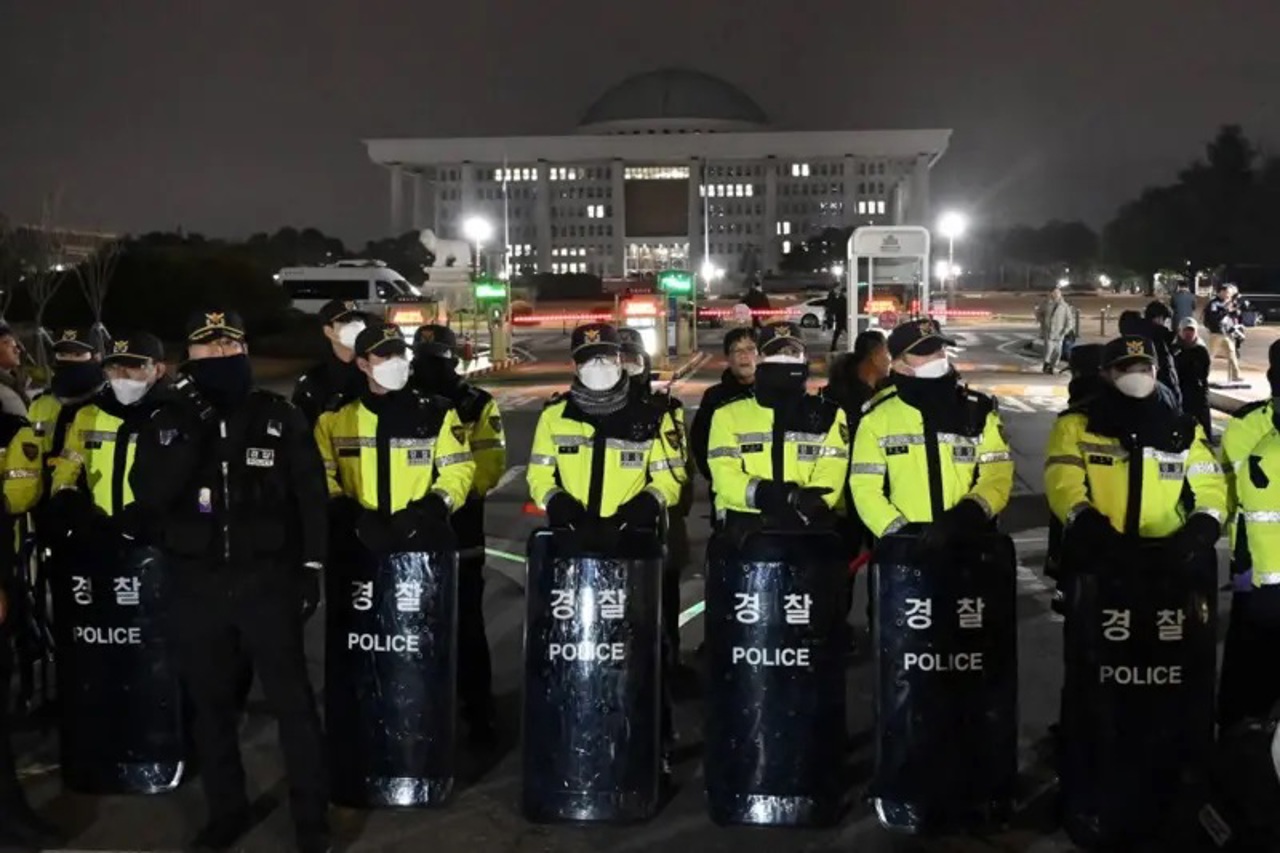
Both the ruling party and the opposition opposed the imposition of martial law. Martial law was last imposed in South Korea in 1979, after the assassination of then-dictator Park Chung-hee.
According to Deutsche Welle, the military command established by President Yoon announced the suspension of all political activities in the country, including rallies and political party functions, reports the Yonhap agency. Violators of this ban will be arrested. The military has also taken control of all media outlets and publishing houses.
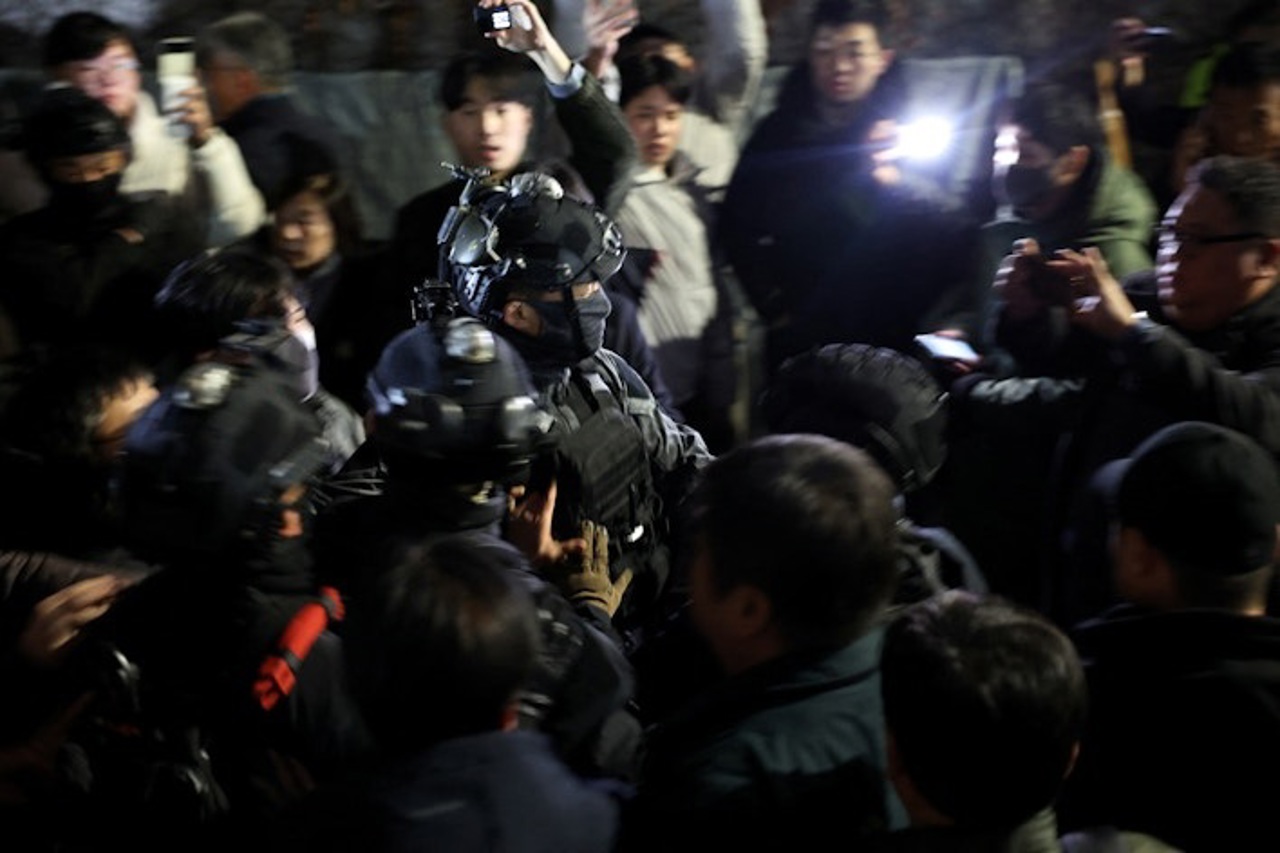
Police have blocked access to the South Korean Parliament. Around 100 people have gathered outside the building, with reports of clashes with law enforcement.
South Korean media and eyewitnesses have shared images of military equipment appearing on the streets of Seoul, including a helicopter hovering over the Parliament building.
The Ministry of Defense convened an emergency meeting with key military commanders, while the Finance Minister held urgent talks with the heads of the Bank of Korea, the Financial Services Commission, and the Financial Supervisory Service, reports Yonhap.
Translation by Iurie Tataru
